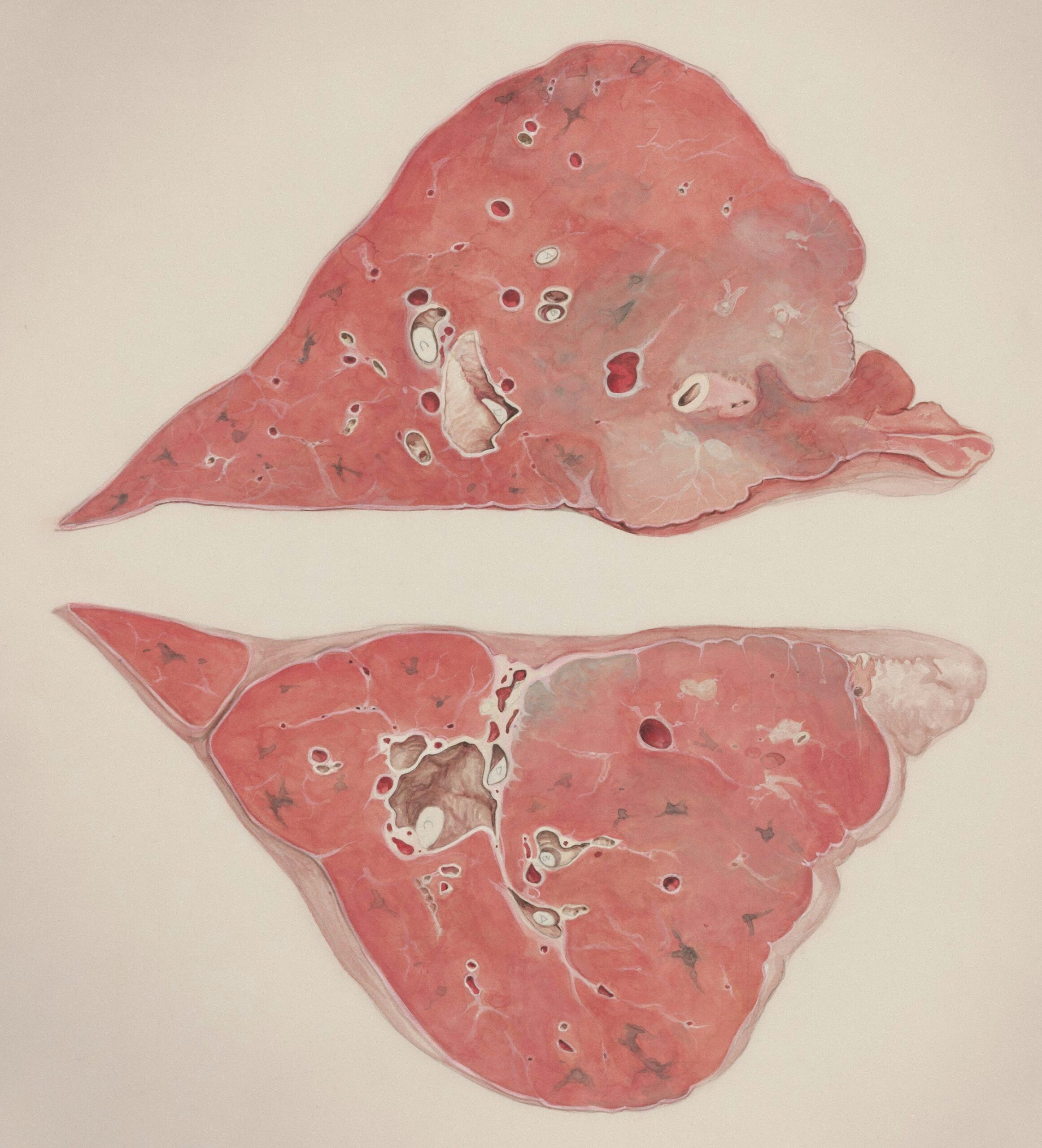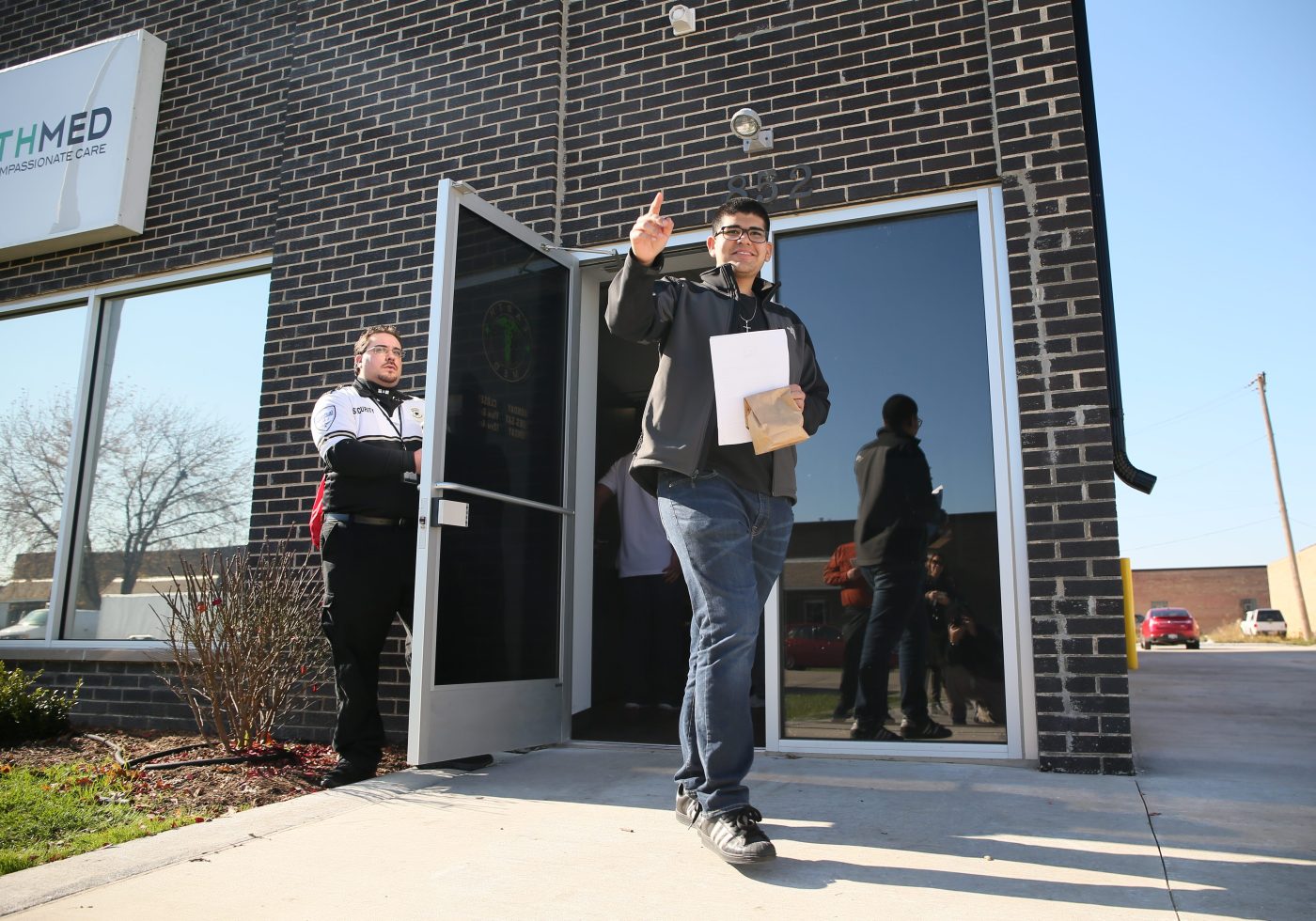A recent study led by researchers from Duke-NUS Medical School has found that over 90% of older adults with advanced dementia in Singapore undergo at least one potentially burdensome medical intervention in their final year of life. The findings underscore a pressing need for better strategies to support families and minimize unnecessary medical procedures at the end of life.
The study, published in the Journal of Gerontology: Medical Sciences, reveals that 92% of community-dwelling older adults with advanced dementia experienced interventions such as feeding tubes, restraints, or antibiotics—approaches that experts argue may not enhance comfort or survival. The research highlights significant gaps in understanding the experiences of dementia patients in the Asia-Pacific region, particularly as the number of individuals living with dementia is expected to reach 71 million by 2050.
Key Findings on End-of-Life Care
The researchers analyzed data from the PISCES study, which involved surveying family caregivers of individuals with dementia every four months from 2018 to 2023. The study identified several critical issues affecting the quality of end-of-life care for older adults with dementia living at home:
A. **Overreliance on Burdensome Medical Interventions:** Nearly all participants faced taxing interventions, with 49% receiving antibiotics, 22% receiving IV fluids, and 74% subjected to feeding tubes or restraints. Notably, the rate of tube feeding among older adults in Singapore was significantly higher than in Western countries, often necessitating physical restraints to prevent tube removal. Experts recommend careful hand feeding instead of tube feeding to improve quality of care.
B. **High Hospitalization Rates:** The study revealed that almost 48% of older adults were hospitalized for at least one night in their final year, with 35% dying in a hospital setting. These figures are notably higher than those found in Western studies, where long-term care facilities like nursing homes typically serve as the primary place of death. Increased hospitalizations can expose patients to taxing and costly care experiences with limited clinical benefits.
C. **Heavy Burden on Informal Caregivers:** Family caregivers reported a significant commitment, with 42% providing at least 60% of total care for their loved ones, and 30% having to quit their jobs to do so. On average, caregivers dedicated 42 hours per week to caregiving—equivalent to a full-time job, translating to an annual economic value of approximately S$32,125.
D. **Insufficient Caregiving Support:** The study found that 62% of caregivers felt they received inadequate information when making care decisions, and only 15% were informed about their loved ones’ life expectancy. This highlights a critical need for improved communication and support for caregivers preparing for end-of-life scenarios.
Implications for Caregiver Support and Palliative Strategies
Dr. Ellie Bostwick Andres, the first author of the study and a senior research fellow at the Lien Center for Palliative Care at Duke-NUS, stated, “Our findings reveal a disconnect between caregivers’ expressed values and the actual experiences of older adults in their final year of life. The frequent hospitalizations and the prevalent use of interventions labeled as ‘low-value’ emphasize the necessity for a palliative approach that alleviates symptoms and reduces burdens for both patients and caregivers.”
In an aging society like Singapore, where reliance on family caregivers is increasing, Dr. Andres stresses the importance of equipping these caregivers with the tools they need to provide compassionate care at home. Senior author Chetna Malhotra, Research Director at the Lien Center for Palliative Care, added that cultural values in Asia influence caregiving approaches, often leading children to prioritize prolonging life over opting for palliative care. This indicates the need for educational strategies that are tailored to regional values and beliefs.
Insights from the study are currently being utilized to develop resources that assist caregivers, including CareBuddy, a mobile application designed to promote healthy aging, and decision aids to help families make informed care choices for their loved ones.
Professor Patrick Tan, Dean-designate and Senior Vice-Dean for Research at Duke-NUS, emphasized, “These findings reveal the human reality of dementia care in Asia—characterized by love, sacrifice, and difficult choices. As more older adults spend their final days at home, it is crucial to establish compassionate care systems that support not only the patients but also the caregivers who sustain them.”
For more details, refer to the article by Ellie B. Andres et al, “The final year for community-dwelling older adults with dementia in an Asian setting: admissions, interventions, and caregiver burden,” published in the Journal of Gerontology, Series A: Biological Sciences and Medical Sciences, 2025. DOI: 10.1093/gerona/glaf227.







